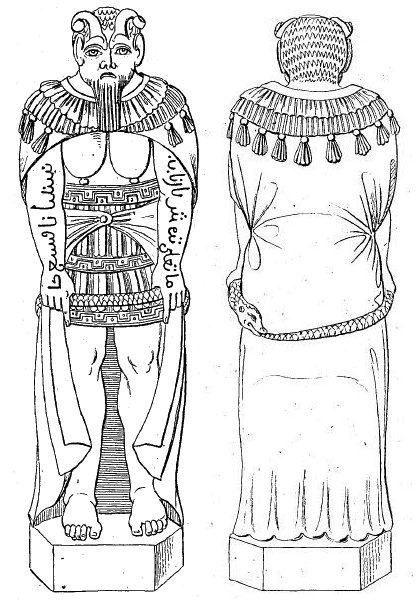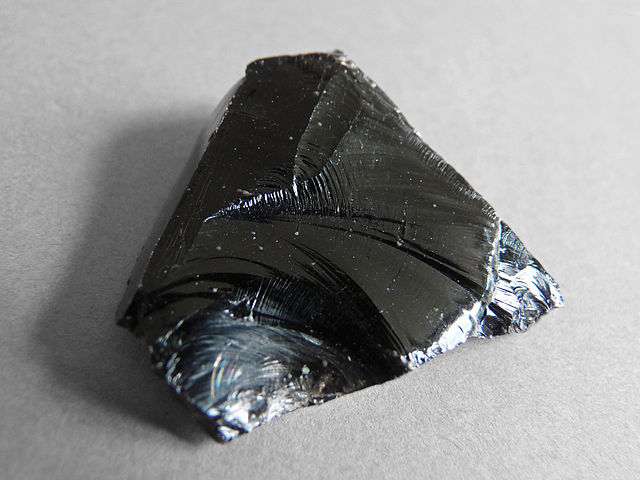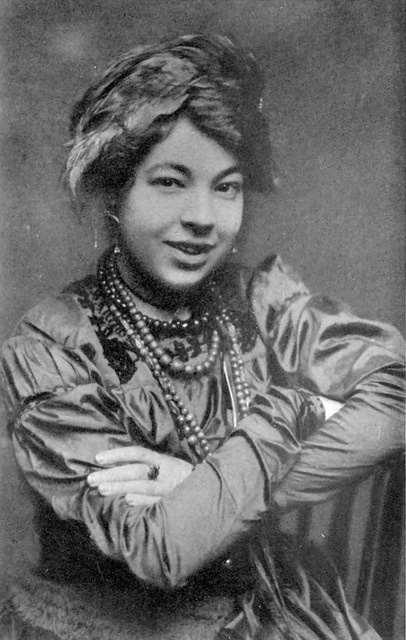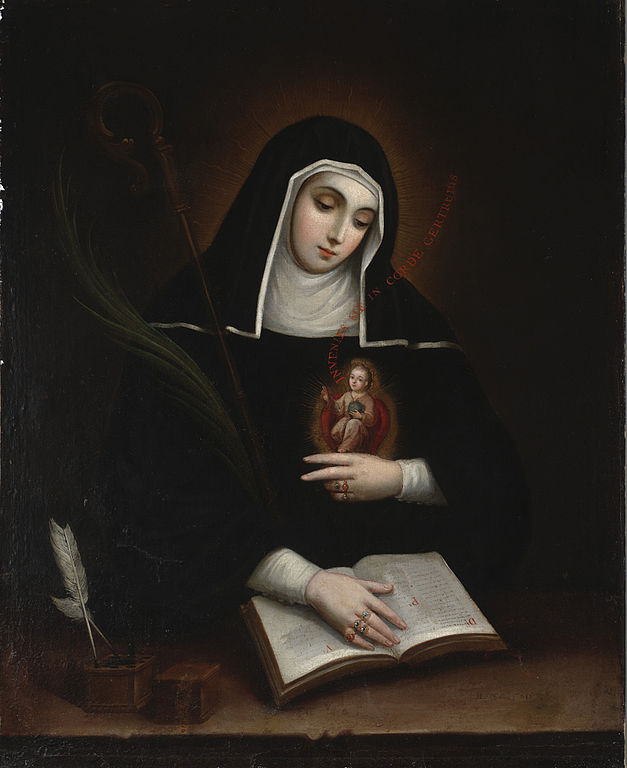Difference between revisions of "Main Page"
Occultwiki (talk | contribs) Tag: Reverted |
Occultwiki (talk | contribs) Tag: Reverted |
||
| Line 57: | Line 57: | ||
!<h2 style="margin:0;background:#F3C278;font-family:inherit;font-size:120%;font-weight:bold;border:1px solid #DC8A0D ;text-align:center;color:#000;padding:0.2em 0.4em;">[[Occult:Featured Quotes|Featured Quote]]</h2> | !<h2 style="margin:0;background:#F3C278;font-family:inherit;font-size:120%;font-weight:bold;border:1px solid #DC8A0D ;text-align:center;color:#000;padding:0.2em 0.4em;">[[Occult:Featured Quotes|Featured Quote]]</h2> | ||
|- | |- | ||
|style="color:#000;text-align:center;"|<big>" | |style="color:#000;text-align:center;"|<big>"The message is that all things are connected."</big><br>- ''[[John Dee]]'' | ||
|} | |} | ||
|} | |} | ||
Revision as of 19:18, 6 December 2022
Welcome to the Occult Encyclopedia,
the authoritative source for all things Occult and Metaphysical. 821 articles in English
| |
Explore the Occult:
Books •
People •
Deities •
Magic •
Religions •
Divination
Key Articles: Kabbalah • Goetic Demons • Kabbalistic Angels • Egyptian decans • Tarot | |
Featured articleBaphomet is a deity allegedly worshipped by the Knights Templar that subsequently became incorporated into various occult and Western esoteric traditions. The name "Baphomet" appeared in trial transcripts for the Inquisition of the Knights Templar starting in 1307, but it did not enter popular English usage until the 19th century during debate and speculation on the reasons for the suppression of the Templar order. Baphomet is a symbol of balance in occult traditions, the origin of which some occultists have linked with the Gnostics and Templars; although Baphomet is also revered as a deity or a demon. Since 1856 the figure of Baphomet has been associated with the "Sabbatic Goat" image drawn by Éliphas Lévi. (Full Article...) |
Did you know...
|
|
|
|



